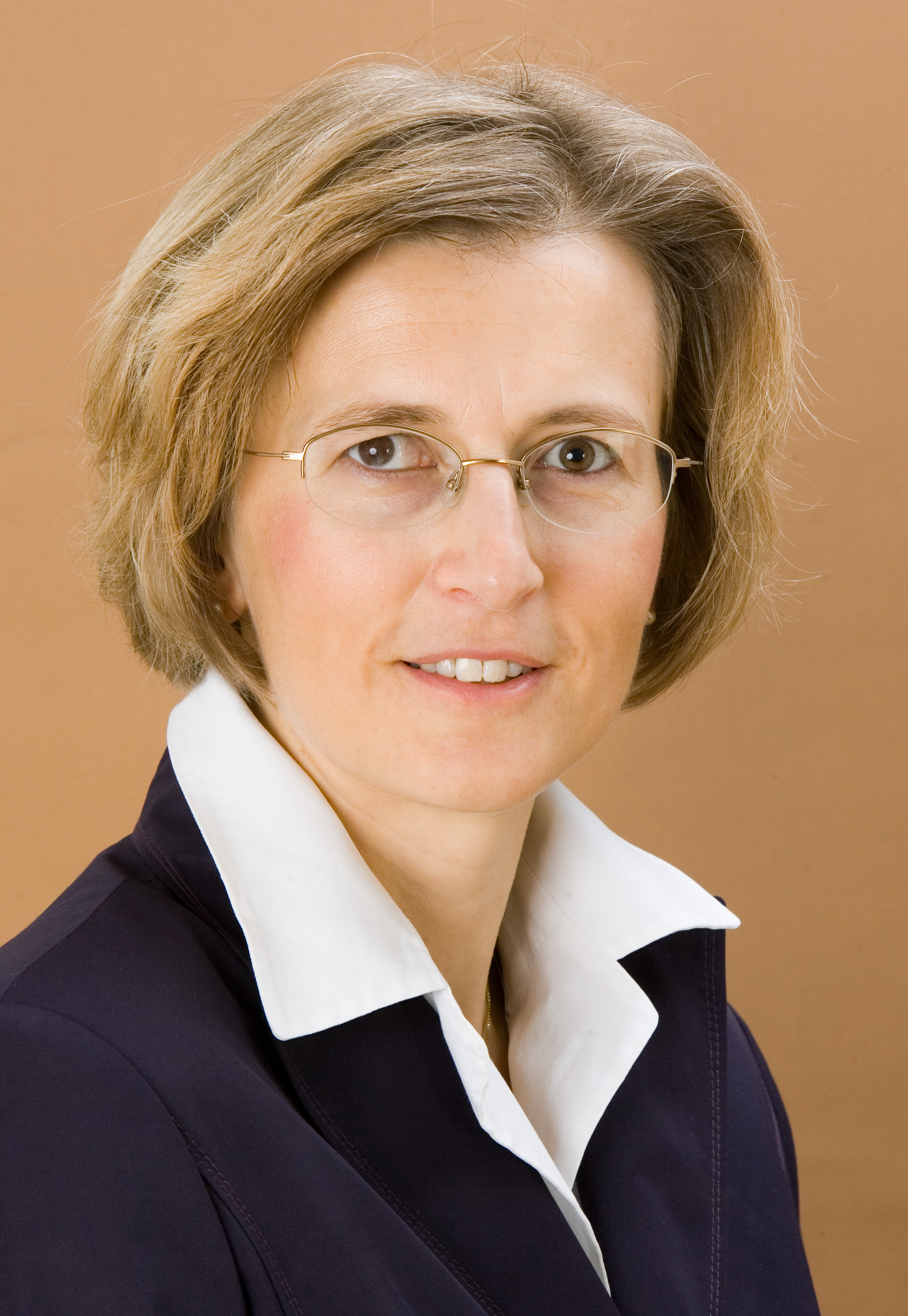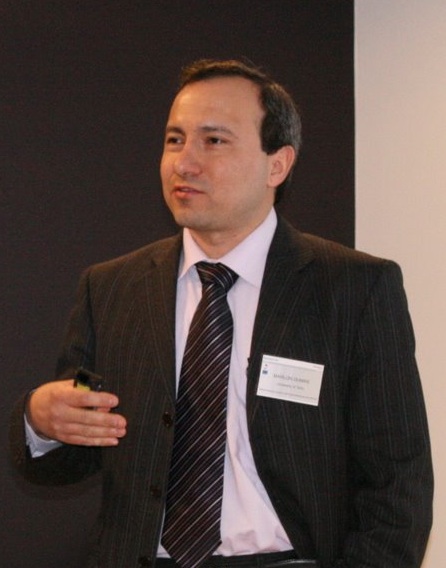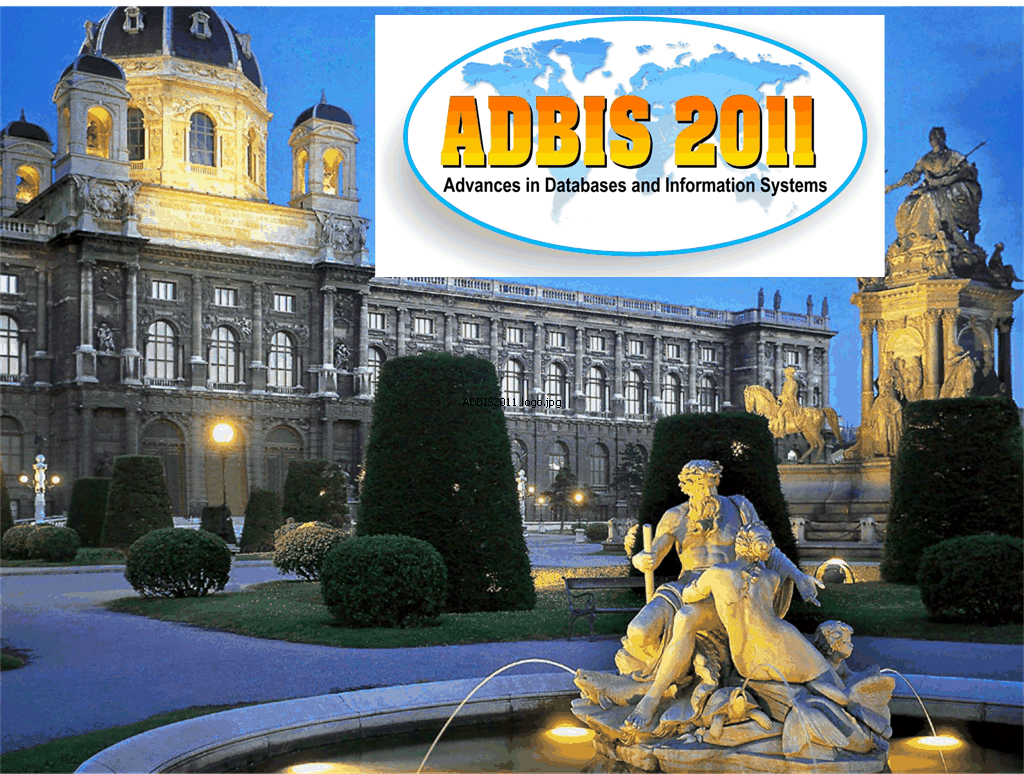Keynote Speakers
Ontological query answering via rewriting

Abstract: Ontological databases extend traditional databases with ontological constraints.
This technology is crucial for many applications such as semantic
data publishing and integration as well as model-driven database design.
For many classes of ontological constraints, query answering can
be solved via query rewriting. In particular, given a conjunctive query and
a set of ontological constraints, the query is compiled into a first-order
query, called the perfect rewriting, that encodes the intensional knowledge
implied by the constraints. Then, for every database D, the answer is obtained
by directly evaluating the perfect rewriting over D.
Since first-order queries can be easily translated into SQL, ontological query
answering can be delegated to traditional DBMSs. This allows us to utilize all
the query optimization techniques available in the underlying DBMS.
We survey current approaches to rewriting-based query answering of ontological
databases and we outline future research directions.
Joint work with Giorgio Orsi and Andreas Pieris.
Sponsored Search Auctions or How Web Search Engines Make Money
Georg Gottlob is a Professor of Computing Science at Oxford University
and an Adjunct Professor at TU Wien. His interests include data
extraction, database theory, graph decomposition techniques, AI,
knowledge representation, logic and complexity. More recently, Gottlob
has been interested in ontology-enhanced databases and ontological
query-answering. He and his co-workers have introduced the Datalog+/-
language family that uses Datalog variants for uniformly expressing
both ontological rules and database integrity constraints. Gottlob has
received the Wittgenstein Award from the Austrian National Science
Fund, is an ACM Fellow, an ECCAI Fellow, a Fellow of the Royal
Society, and a member of the Austrian Academy of Sciences, the German
National Academy of Sciences, and the Academia Europaea. He chaired
the Program Committees of IJCAI 2003 and ACM PODS 2000 and is
currently a member of the editorial boards of journals, such as CACM
and JCSS. He is the main founder of Lixto, a company that provides
tools and services for web data extraction. Gottlob was rexcently
awarded an ERC Advanced Investigator's Grant.

Abstract: For every user search web search engines determine relevant
advertisements, called "Sponsored Links", and prices for them that the
advertiser has to pay if the ad is clicked on. Usually the assignment
and pricing is done based on an auction, called sponsored search
auction. Thus hundreds of millions of sponsored search auctions are
performed every day.
More formally in sponsored search auctions a set of items, namely the
ad positions on the search result page, have to be assigned prices and
a set of advertisers has to be assigned to these items so that at the
determined prices the advertisers are envy-free, i.e., do not want any
other item
more than their assigned item.
In this talk I will present the state of the art in solving sponsored
search auctions and also show how the problem fits into the larger
space of research questions studied traditionally by economists.
Monika Henzinger is Professor at the Department of Computer Science at
the University of Vienna, Austria, heading the Laboratory of Theory
and Applications of Algorithms.
Professor Monika Henzinger received her PhD in 1993 from Princeton
University and then joined the Computer Science Department at Cornell
University as assistant professor. In 1996, she became a member of
technical staff at the Systems Research Center of Digital Equipment
Corporation. A few years later, she joined Google as the Director of
Research. From 2005 until 2009, she was a professor at the School of
Computer& Communication Sciences of EPFL, heading the Laboratory of
Theory and Applications of Algorithms.
Professor Henzinger is a recipient of an NSF CAREER Award, an European
Young Investigator Award, and a Top 25 Women on the Web Award and she
is a co-recipient of the SOSP 1997 Best Paper Award.
On the Convergence of Data and Process Engineering

Abstract: Data engineering is a well-trodden field with established methods and tools that allow engineers to capture complex data requirements and to refine these requirements down to the level of database schemas in a seamless and largely standardized manner. Concomitantly, database systems and associated middleware enable the development of robust and scalable data-driven applications to support a wide spectrum of business functions. Eventually though, individual business functions supported by database applications need to be integrated in order to automate end-to-end business processes. This facet of information systems engineering falls under the realm of business process engineering.
Business process engineering on the other hand is also an established discipline, with its own methods and tools. Process analysis and design methods typically start with process models that capture how tasks, events and decision points are inter-connected, and what data objects are consumed and produced throughout a process. These models are first captured at a high level of abstraction and then refined down to executable process models that can be deployed in business process management systems.
The division between data and process engineering is driven by various factors, including the fact that data are shared across multiple processes, that data and processes evolve at different rates and according to different requirements. Notwithstanding these reasons, the divide between data and processes leads to redundancies in large-scale information systems that, in the long run, hinder on their coherence and maintainability.
This talk will give an overview of emerging approaches that aim at bridging the traditional divide between data and processes. In particular, the talk will discuss the emerging "artifact-centric" process management paradigm, and how this paradigm in conjunction with service-oriented architectures and platforms, enable higher levels of integration and responsiveness to process change
Marlon Dumas is the Swedbank Professor of Software Engineering at University of Tartu, Estonia.
He is also Strategic Area Leader at the Software Technology and Applications Competence Centre
- a collaborative research center that gathers ten IT companies and two universities with the goal of conducting
industry-driven research in software service engineering and data mining. From 2000 to 2007, he worked in the
Business Process Management research group at Queensland University of Technology (Australia) where he held a
Queensland State Fellowship between 2004 and 2007. He has also been visiting professor at
University of Grenoble (France), University of Nancy (France), University of Macau, and Visiting Researcher at SAP Research.
Professor Dumas has been co-recipient of best paper awards at ETAPS 2006 and BPM 2010. He is co-inventor of three granted
patents in the field of business process technologies and co-editor of a textbook on Process-Aware Information Systems.

